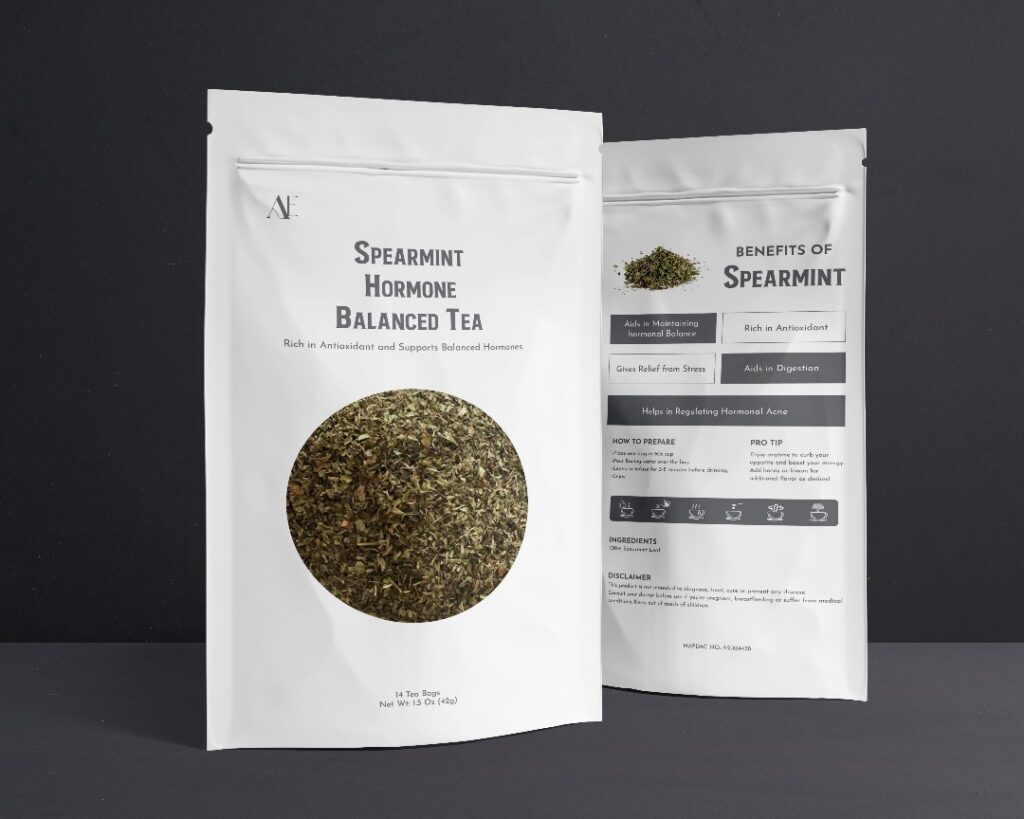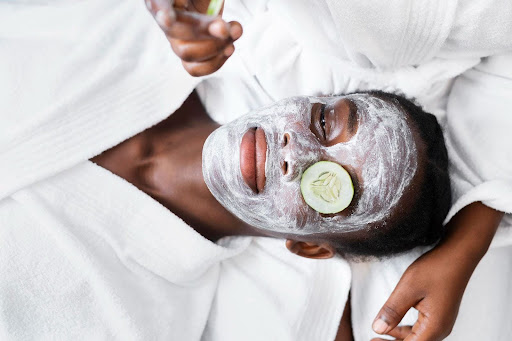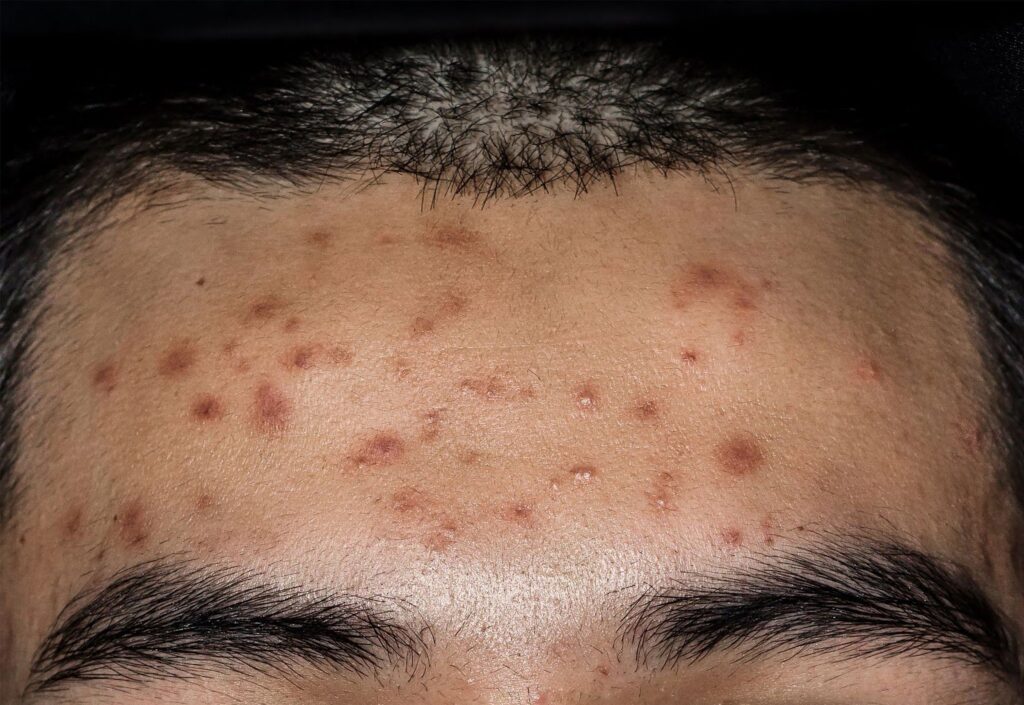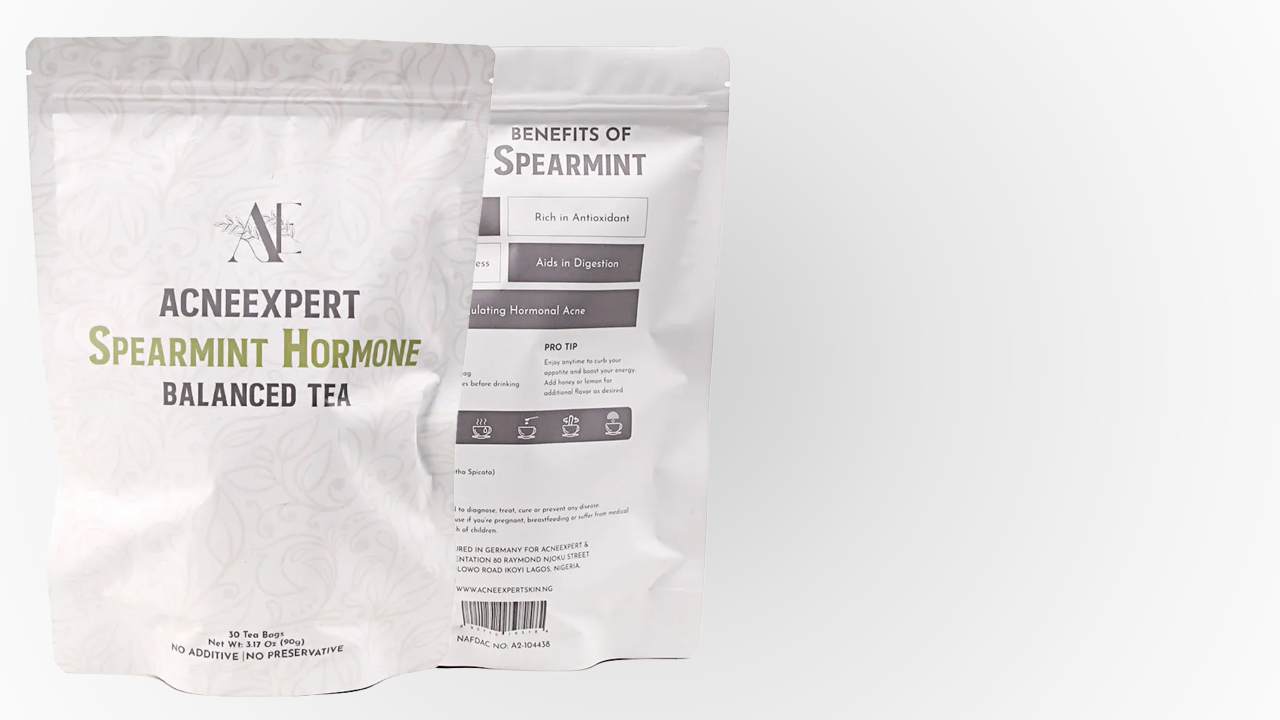When does teenage acne go away? Dealing with acne can be a major source of frustration and insecurity for teenagers. It often starts during puberty and can significantly impact self-esteem.
Understanding what age teenage acne typically goes away is key to navigating these challenges with confidence. A teenager can get a slight relief from acne around the age of 18 to 20. However, total recovery isn’t guaranteed.
This is because acne is a chronic disease and will reoccur unless properly managed with effective skincare treatments.
Understanding Teen Acne
Acne is a common skin condition that often begins during puberty, affecting many teenagers. The surge in hormones during puberty, especially androgens, triggers the sebaceous (oily) glands to produce more oil. This excess oil, combined with the shedding of dead skin cells, can clog pores and lead to acne outbreaks.
Puberty and Acne: What Causes Teen Acne
During puberty, typically between the ages of 12 and 14 for girls and 13 and 16 for boys, the increase in androgen hormones stimulates the sebaceous (oily) glands. This increased oil production can result in blocked pores, leading to the formation of pimples, blackheads, and whiteheads.
Types of Teenage Acne
Acne in teenagers can manifest in various forms, with acne vulgaris being the most common type. Acne vulgaris includes different types of lesions such as papules, pustules, nodules, and cysts. These can appear on the face, neck, chest, and back. It’s essential to address acne vulgaris promptly to prevent scarring and minimize its impact on self-esteem.
When Does Teenage Acne Go Away
Acne during the teenage years is a common concern for many adolescents. Understanding when teenage acne typically disappears can provide reassurance and guidance on managing this skin condition effectively.
During puberty, hormonal changes can lead to an increase in sebum production, which can clog pores and cause acne. As teenagers progress through puberty hormonal levels stabilize and acne breakouts tend to be less intense.
This usually occurs post-puberty, around the late teens to early twenties. With hormonal balance restored, the severity of acne tends to decrease, and many individuals experience a slight improvement in their skin condition.
In most cases, scars and dark spots linger on. This usually requires the right skincare treatment to resolve.
Furthermore, the timeline for when teenage acne disappears can vary among individuals. Factors such as genetics, skincare habits, and lifestyle choices play a significant role in influencing the duration of acne.
Some teenagers may see their acne clear up relatively quickly, while others might continue to struggle with breakouts into their early twenties. Maintaining a consistent skincare routine, avoiding excessive sun exposure, and following a healthy diet can help improve acne and make teenage acne go away faster.
Ultimately, it’s essential to remember that each individual is unique, and while teenage acne generally improves over time, patience and consistent skincare practices are key to managing and potentially accelerating the resolution of acne during adolescence.

Image by Freepik
Managing Teen Acne with Skincare Regimen
Dealing with teenage acne can be challenging, but having an effective skincare regimen is key to managing breakouts and promoting clearer skin.
Your regimen should start with a gentle cleanser to wash your face twice a day, morning and night, to remove dirt, oil, and bacteria that can clog pores and cause breakouts. Use products with ingredients like salicylic acid or benzoyl peroxide, that are known for their acne-fighting properties. Likewise, use gentle skincare products to avoid irritating your skin further.
Maintaining a well-rounded skincare regimen also involves using non-comedogenic (lightweight) products that won’t clog pores. Incorporate a lightweight, oil-free moisturizer to hydrate your skin without adding extra oil. Don’t forget the sunscreen, as protecting your skin from harmful UV rays is essential for overall skin health.
Professional Treatment for Teenage Acne
If over-the-counter treatments are not providing the desired results or if you have persistent or severe acne, seeking professional help from a dermatologist is highly recommended.
Dermatologists specialize in treating skin conditions and can offer personalized solutions for your skincare concerns. They may recommend prescription-strength medications or procedures to target stubborn acne effectively.
Remember, professional guidance can make a significant difference in managing teenage acne. Don’t hesitate to consult us for expert advice and tailored treatment plans to address your specific skin care needs.
By following a dedicated skincare routine and seeking professional guidance when necessary, you can take proactive steps to manage teenage acne effectively and get clear and glowing skin.
Wrapping Up…
As we conclude our exploration on the age at which teenage acne typically fades, it’s essential to remember that while many individuals see improvements in their skin as they progress through their teens, there is no one-size-fits-all answer. Acne is a common skin condition that can affect people of various ages, and the journey to clear skin differs from person to person.
Remember, maintaining a consistent skincare routine and adopting healthy habits can significantly impact skin health. If acne is affecting your self-esteem or causing distress, don’t hesitate to seek advice from a dermatologist or healthcare professional. Remember, you’re not alone in this experience, and there are resources and we are here to support you on your skincare journey.
In the end, the journey to clear skin is a unique one for each individual, and it’s essential to approach it with patience, positivity, and self-care. Stay informed, take care of your skin, and remember that support is always available when needed.
FAQs
- What age is acne the worst?
Acne usually worsens in teenagers during the peak of puberty, specifically from age 14 to 19.
- Can washing your face make acne worse?
Excessive washing of the face,especially with harsh ingredients can irritate your skin and make acne worse. Ideally, you should wash your face not more than twice a day and immediately after a rigorous activity that makes you sweat.
- Will acne go away if you leave it alone?
Habits like picking your pimples or constantly touching your face can only make your acne worse. Hence, it’s best to avoid touching your face or picking your pimples. With proper hygiene, healthy lifestyle habits, and specialized care, you’ll notice reduced breakouts and inflammation.








